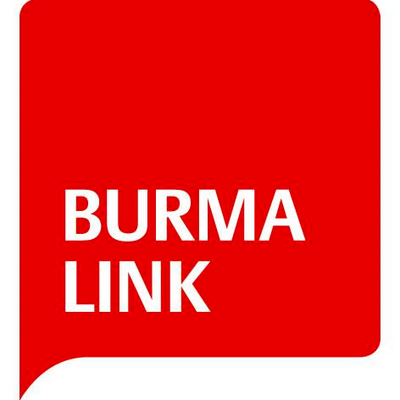Location
Burma Link is a non-profit non-governmental organisation that was founded by foreign specialists in the field of ethnic relations and international development together with refugees and migrants from Burma in August 2012 in Mae La refugee camp, Thailand. We set up Burma Link to centralise information on Burma’s conflict and displacement situation and to amplify the voices of local organisations working towards free and peaceful Burma.
The initial idea of creating an informational website collecting information and voices of local civil society groups gradually developed into establishing a non-profit organisation that seeks to amplify Burma’s marginalised voices from the ground through projects such as publishing books and research reports based on the stories and voices of Burma’s ethnic nationalities and displaced people, drawing attention to these untold stories and making recommendations to policy makers and stakeholders.
As part of our ongoing project, we publish life stories and in depth interviews with a wide variety of civil society actors as well as soldiers and leaders from different Ethnic Armed Organisations (EAOs) that work towards a Federal Union of Burma. We have been publishing life stories on our English website since April 2013 and Burmese website since January 2014. In March 2016, we published a book of life stories, “Lives on the Line: Voices for Change from the Thailand-Burma Border,” after successfully raising the funds for the project through an online crowdfunding platform. The book brings stories of Burma’s ethnic nationalities from the border area to local and international audiences in Burmese and English.
In 2015, we collaborated with Burma Partnership on a briefing paper “Voices of Refugees – Situation of Burma’s Refugees Along the Thailand-Burma Border,” which was published online in English on April 27, and in Burmese on June 20. All the 20 interviews for the paper were conducted by Burma Link members in different Thai border refugee camps. Burma Link was also one of the organisations to produce the 2015 Submission to the United Nations Universal Periodic Review (UPR) on Refugees and Displaced Persons (Burma/Myanmar). In 2016, we collaborated with the Human Rights Foundation of Monland (HURFOM) and Burma Partnership to produce a report, “Invisible Lives: The Untold Story of Displacement Cycle in Burma,” bringing attention to the plight of Mon IDPs.
Burma Link was legally registered as a non-profit organisation in August 2013. Burma Link operates with volunteer staff members and local interns, all of whom are deeply committed to our Vision, Mission and Values. In addition, a Governing Board made up of four local and international professionals representing Burma Link’s members provides overall sanctioning of Burma Link’s operation.
Members:
Resources
Displaying 6 - 6 of 6We got nothing except a place to stay in the rubbish dump
Htay Htay is a half Karen half Burman woman who came to Thailand in search of a better life. Now, she lives in a rubbish dump in the outskirts of the border town of Mae Sot on the Thailand-Burma border. Htay Htay is one of about 400 people who live in the dump, all barely making a living by picking up and selling rubbish. Htay Htay says that although they really don’t want to live amidst the rubbish, they have no choice. Read her story to find out why she feels that life ‘living in the dirt’ is better than life in her home country.


